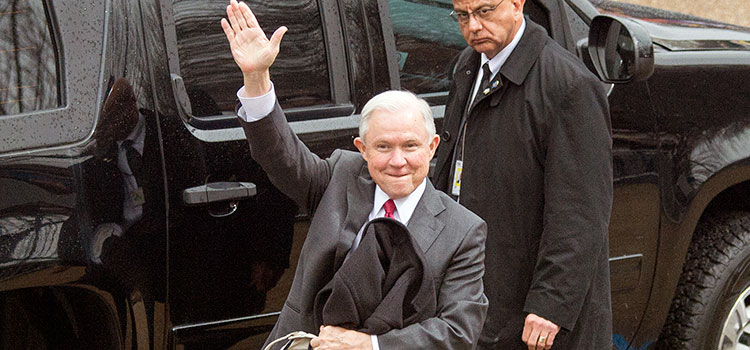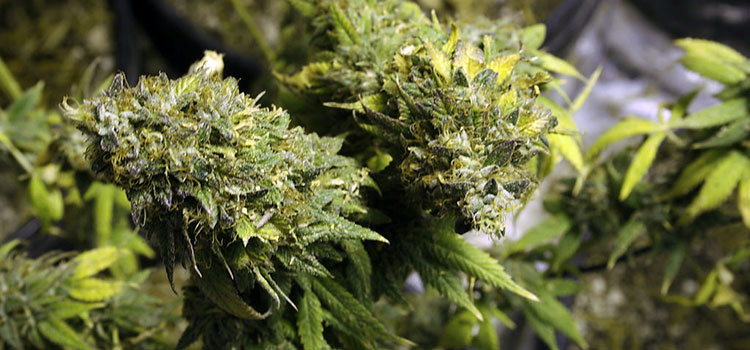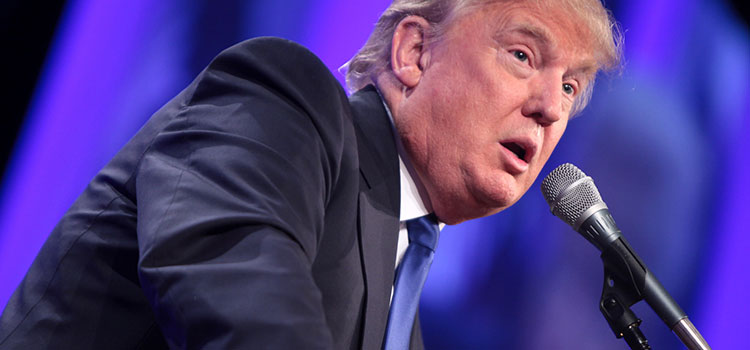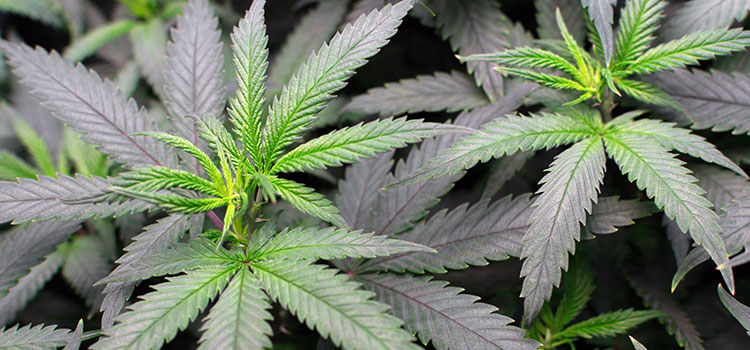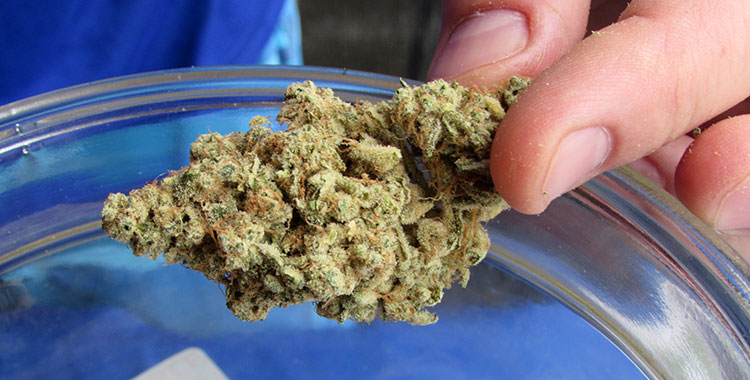Greg Walters is co-founder and co-owner of Prohibition Gold, a Washington-based company that operates off an industry-changing concept — that cannabis-infused edibles and beverages should not taste any different from the food and drinks you would normally enjoy. On that note, Prohibition Gold offers flavorless powder mixers for consumers to easily turn their favorite meal and/or beverages into an infused delicacy.
We caught up with Greg recently to ask him some questions about the offerings of Prohibition Gold. In the following interview, Greg discusses the birth of Prohibition Gold’s unique products, their official launch in the Washington marketplace, what the company plans for the future, and more.
Read the full interview below:
Ganjapreneur: Could you explain briefly the unique offerings of Prohibition Gold, and go over what inspired you to produce and dispense these types of products?
Greg Walters: Prohibition Gold offers two products currently in Washington state that throw the marijuana edibles market upside down by giving the consumer the ability to infuse just about any type of food or beverage they choose.
PotshotzTM is a “mixer” and not a drink “mix” like other powdered products you can only add to water. Potshotz is just a quarter teaspoon of powder per 10mg dose that has no added sugar or sweeteners, is gluten free and fat free, and is designed to blend with the flavor of the beverage you’re adding it to. Potshotz works best when added to an average 8oz to 16oz serving size. It works great in tea, coffee, fruit juices, energy drinks, sodas or just about any beverage or liquid other than plain water which should be avoided since there is no flavor for Potshotz to blend with. Potshotz works equally well in both hot and cold beverages. It allows the consumer the ability to infuse their own favorite beverages so they don’t have to drink the soft drinks and mixes currently available on the market that almost all agree they wouldn’t consume if they didn’t get them high. Most products currently on the market are way too sweet or simply don’t taste very good so most consumers hold their nose and drink the product to get high. Potshotz gives the “Power to the People” by allowing the consumer the opportunity to consume their favorite beverages with 10mg of THC and skipping the overly sweet products currently available.
Topshotz does the same for food that Potshotz does for beverages. Topshotz gives the consumer the ability to add 10mg of THC to just about anything they want to eat without effecting the taste. When you mix Topshotz into your favorite foods it dissolves and blends to create an intoxicating dish that just might be the best way to use marijuana edibles ever. Not only do you get to eat your favorite foods but you get to imbibe at the same time.
Most all edibles on the market are sweets of one kind or another. Chocolate, brownies, cookies, candies, etc… make up the offerings in most stores. Topshotz opens the door to the entire grocery store or your favorite restaurant and allows the consumer to add it to anything they want to eat. Again, all without altering the taste of what they’re eating. It is the biggest breakthrough product for edibles on the market.
Both products were created out of frustration of lack of variety when the market opened up in 2014. We looked around and realized there was a need to look at marijuana edibles in a very different way than the direction that was being offered. Instead of trying to infuse different types of sweets or dessert-like products that still remain the main fare in most stores, we thought there was a way we could open up a much larger market to the consumer. Why be stuck with sugar based products that in most ways seemed to be products kids would enjoy. What would happen if we made “adult” edibles and forgot about all of the candy that has saturated the entire market? The answer is both Potshotz and Topshotz. We zeroed the two products down to their bare essence to create an unlimited variety of what a marijuana edible can now be. Instead of creating specific types of edibles we went the opposite direction and created a delivery system that allows the consumer to determine, when, where, and on what to use their new found freedoms in a way that allows them to infuse almost anything. No more sugar or sweets. I want my burger, steak, pizza, sushi or tacos to become my marijuana edibles. Not something that tastes like a cough drop! Prohibition Gold has created a whole new way to view the marijuana edible.
How long had you been working on the company prior to your official launch, and when was that?
My business partner, Tom Williams and I started pushing around the idea of entering the market right when the initiative to legalize in Washington state was first being voted on in November, 2012. I was currently helping him brand a “booze” cake he was bringing to market patterned after a cake his grandmother was known for back in Kentucky. He was selling the cake over the Internet and doing quite well when a food rep for a major national retail chain contacted him to see if he could handle a 10K unit order for the Christmas season. It would have meant he would have had to become a full time baker and he wanted me to get involved as well and that was not a direction I really wanted to go. It was at this time that we started thinking the marijuana market could be the big open door we were looking for where we could make an impact quickly on a virgin market that was just beginning to ramp up.
We got serious about the company and started looking for investors the first part of 2013. It was then we ran into our greatest roadblock. We spent all of 2013 looking for a location to park our license from the state. Without a location the state would not formally license us and the availability of locations that met all the zoning requirements was next to zero. We were given the ultimatum from the state that we submit a location in the next 30 days or we were out of luck. My partner was taking a load to the dump a few days later and decided to take a quick drive through Seattle’s most industrial area known as Southpark. It lies on the shores of the Duwammish river and was a mainstay of rum runners back in the days of Prohibition. He came across a derelict property that literally looked like a bomb had hit it yet it had a little “For Rent” sign on it so he stopped and took a look. It turned out the owner was there so they talked and he was given a tour. The property was being used by a company making garden sheds and was frankly one of the most dilapidated locations we had seen anywhere. After meeting with the owner we went back and forth over the next couple of days and finally decided to take the leap and signed a lease. We then spent the next year gutting and remodeling the entire space. At the time Seattle became one of the hottest economies in the country which meant the construction industry was booming at 100% and we quickly realized if we wanted work done on time we would have to do it ourselves. Both my partner and I then became construction contractors because we couldn’t find anyone to do it for us who wasn’t already booked 6 months out.
Finding the right packaging machinery for our products has been a interesting ride by itself. Our first machine was a stick pack filler out of India that literally set us back 4-6 months because of constant problems. We finally had to cut and run and found the machine we’re currently using which is from China but purchased in Delaware where we were trained on its operations before getting it shipped to Seattle. We now have the ability to fully construct and fill 60 stick packs a minute which gives us a major edge over most other edible manufacturers. After much work and a lot of starts and stops we finally formally introduced Potshots to the world the first week of July in 2016. We then released Topshotz the beginning of November. It has taken us longer than expected to get to where we are today but we’re happy with the progress both products are making and will continue to add to the product line as we move forward.
What was the tipping point, the point where you knew you’d be making a splash on the scene?
We released Potshotz with a national press release that ended up getting covered be over 300 media outlets nationally. The next day people started calling and texting saying they really liked the Prohibition Gold video on Facebook. We looked at each other and asked “what video?” After searching around Facebook we finally found the video that was created by Now This Media, a social networking media start-up put together by the founders of Huffington Post and NBC Universal. Without any input from us they made a video of our press release and in the first 48 hours got over 300,000 Facebook hits. It’s now up to over a million. There is nothing we could have done to get this kind of coverage and we literally didn’t have anything to do with it. You can now see that video on our homepage if you scroll to the bottom of the page. That showed us that there was real interest in the direction we were taking and really acted as a great slap on the back to give us a boost as we entered the retail market. It seemed like the “proof of concept” was there and the powdered product idea had legs. Up to that time there was no other powdered products in the retail recreational market and there still isn’t anything like our two products that allow the consumer to infuse almost anything.
What was your career before founding Prohibition Gold?
I have run a Design and Branding Consultancy in Seattle since 1986. My specialty has been building brands in primarily the high tech market but also in a variety of other fields. I’ve been the agency of record for Autodesk, part of the Creative Resource Group at Microsoft, and have worked with numerous Fortune 500 companies like Nintendo, Sony, US West, General Dynamics, Boeing, etc… I have also done quite a bit of pro bono work for organizations which include Northwest Harvest, MADD (Mother Against Drunk Drivers), The Seattle Fire Festival, and The Seattle Fire Department.
How many people does your company employ?
We are still a bootstrap operation and are all doing the work of at least two or three people each. We have our two partners, Tom and myself. A minority partner who has been huge in setting us up with our production machinery and being a general resource and wealth of knowledge in the dry goods packaging industries, not to mention an extra set of hands. We also have part time employees to help with major production runs and a driver. We will continue to bring on more employees and grow as our product line expands.
Many cannabis folks are continually inspired by products that tout the ancient relationship between humans and the marijuana plant — considering that, have you ever encountered animosity in the industry, or from consumers, due to your products having a more refined and processed feel? What was your reaction to that?
I don’t think “animosity” would be the right word. We have run into some people, both retailers and others in the industry that questioned the general “proof of concept” but have to admit that we usually win them over once they have a chance to try the product. Through the rise of CBD’s and other cannabinoids we are constantly learning more about how we can improve our products. As research begins to become a reality we should learn more of the plants medical capabilities. Everyone has numerous stories about how people they know have received major benefits from the plant. I have family members dealing with cancer, including my wife, who have found great relief while they were dealing with chemo and radiation therapies. I’m hoping that research starts to speed up so we can get definitive information on what works and what doesn’t. Until we have long term studies that treat marijuana like any other pharmaceutical drug we won’t know if marijuana is the “miracle drug” being touted by some or a beneficial alternative to some of the drugs being pushed by corporate America. We all know there is great potential but we don’t have the studies to back up some of the claims and that is what will pull the industry mainstream when that occurs.
I think our greatest challenge is dealing with educating both the retailers and the consumer that our products create an entirely new dynamic for the marijuana industry. I can’t tell you how many times I’m presenting the product to retailers and the first question is “can you cook with it?” The long drawn out “hippie” viewpoint that still seems to be mainstream thought has been that you need to infuse butter by cooking it on your stove with about an ounce of trim thrown in to make it work. This has led to numerous people poisoning themselves with massive amounts of THC. We offer the better solution. Cook absolutely anything you want and simply add Topshotz to your own plate of food. There is no added taste and by using our very accurate 10mg dose the user can determine the correct dose for them personally and they will always know exactly what they are getting. No surprises and no calls to their doctor or 911. I’m constantly looking at various marijuana magazines that tout the edibles edition that highlights recipes and different products you can cook with. All of that is now obsolete. Topshotz makes it all ancient history. No more cooking. No more surprises. It truly is the new way of doing things in marijuana edibles because you can control everything now and you don’t have to deal with foul tasting marijuana butter.
Think about this… With both Potshotz and Topshotz, the consumer can now infuse almost anything. It’s that simple. Two products now allow the consumer to turn almost anything into a marijuana edible that is accurate in dose every time and does not alter the taste of what you’re eating or drinking. It’s not “science fiction” when it’s sitting right in front of you. It’s the new reality that will turn marijuana edibles from the stoner product of the past to the mainstream edible of today. We are entering a new stage in the industry that many have never conceived. The line “Better living through Science” scares a lot of people. I’m latching on and getting ready for the wild ride that’s just beginning. This industry is still very much in its infancy so we are just scratching the surface on what type of marijuana products we can expect in the future. I’m pretty sure we will see a radical departure from what is currently available and we feel Prohibition Gold can be one of the leading companies charting that path.
Do you have plans for new products, and would you be willing to drop any hints about what we can expect from Prohibition Gold in the future?
Yes, we are currently finalizing packaging for our latest product called Zzzshotz. It is similar to Potshotz in that it can be added to any type of beverage. The difference is it has 5mg of CBD’s added to the 10mg of THC to work as a sleep aid. For people who have a hard time sleeping through the night our testing has proven Zzzshotz can be a major plus in bringing on a restful full night of sleep. We originally were testing an increase in CBN but found the result was sometimes a foggy feeling or slight hangover the first part of the morning so we have stepped away from that approach. With the increase in CBD’s we found that muscle relaxation associated with CBD’s was a big help in creating a more restful sleep. This will be the first of a number of powdered products with CBD’s as the focus. Our 1/4 teaspoon of powder approach with our products gives the consumer all the power to determine how they want to enjoy their edibles so from a recreational and medical standpoint we feel our delivery system is second to none. Would you rather eat candy or sweets or determine yourself what you want to eat or drink to get high?
We will also be branching out from purely powder based solutions as well with our own line of pre-rolled joints and a number of variations on topicals which we’re currently testing. Both THC and CBD’s will remain the focus. We will continue to grow the product line in a number of directions to expand the brand and meet the needs of our loyal customers who continue to add their thoughts on products they’re interested in seeing come to market. Quality and verifiable dosing will remain our focus. We find that the majority of edible products currently on the market vary quite a bit in potency. In Washington state the state mandated individual dose is 10mg of THC. In talking with retailers we have found their own testing of products they carry does not necessarily match the 10mg label on the products they sell so we do everything possible to make sure when someone purchases a Prohibition Gold product they know for certain that a 10mg label is truly a 10mg THC dose. We want our customers to know they will get the same experience every time they use one of our products.
Do you plan to bring your brand to other legalized states, or will Prohibition Gold be solely available in Washington until federal drug laws have been relaxed?
We are looking at some product licensing opportunities and are still trying to determine whether it makes sense to open our own production facility in California or license our product line in a partner relationship to a company already operational. California has a 2 year residency requirement which creates some hurdles that need to be addressed which keeps our legal team busy determining the safest and most direct route to follow. We should have a better grasp of where we are going with that in the next few months but do plan on being a player in the California market when recreational stores begin to open in 2018.
We have been approached with offers to partner in various other states but want to clearly focus on the west coast in the short term. That said, everything about this industry changes so quickly that I never say never simply because of the speed in which rules are changed, which seems to be a constant, or elections alter the direction we see most beneficial to building the Prohibition Gold brand.
We have been somewhat surprised by the interest in partnering with companies on an international basis. We have been approached by medical professionals and entrepreneurs in Canada as well as offshore companies who see that the changes in the U.S. will eventually lead to changes throughout the world on how cannabis is perceived. Countries who are still very anti-marijuana will swing the other way very quickly as more states legalize in the U.S. We’re being approached by entrepreneurs and major companies preparing to jump into the game as the barriers begin to come down. While it’s still the wild west in a lot of ways, the entire world is looking closely at the progress created by legalization and anticipating a major sea change that will allow them to jump in as players as well. It’s pretty clear that with 1 in 5 Americans now living in recreational legal states that we’re about to enter a whole new market for marijuana and it won’t be in just the U.S. We already see marijuana sales passing the sales of distilled spirits in Washington state so when you look at both the overall sales of product and the tax dollars being produced we’ve gone too far to think we can turn back the tsunami that seems to be coming on an international level.
If you could offer one piece of advice to a cannabis entrepreneur or investor, what would you say?
Be prepared for a very wild ride and double or triple your anticipated time line and costs of getting where you want to be. I can’t tell you how many people I’ve seen come and go already in this expanding market. Some smart but most naive to standard business practices and in some instances basic common sense. We saw so many people jump in once legalization occurred in Washington state with no business background thinking marijuana would be an easy buck. People became farmers overnight and just as quickly saw their crops die off from root rot or spider mites. Now there are many producer and processor licenses up for sale as some of these people try to recoup the money they invested before they are fully out of business. Marijuana is no different than any other business in respect to the fact that the majority of new companies simply won’t succeed. It’s made even more difficult by the fact that rules are constantly changing and marijuana is still a federally prohibited product even though it is legalizing across the country. The current product offerings in most retail stores now are pretty saturated so unless you have a truly unique product or a major bankroll to give you the time to navigate all of the considerable obstacles ahead, you must tread lightly. There are no guarantees of success and the simple fact is most new companies entering the market will fail. That said, for those who understand what’s ahead and can do more than write a general business plan, there are major opportunities out there for both the entrepreneur and the investor. Just make sure your plan is clearly defined and you fully understand that the reward doesn’t always match up to the risk involved. Be careful. Be smart.
Thank you, Greg, for answering our questions today! To learn more about Prohibition Gold, you can visit the company’s website — or, if you live in Washington, keep an eye out for the company’s Potshotz or Topshotz product lines, offered only in licensed retail locations.

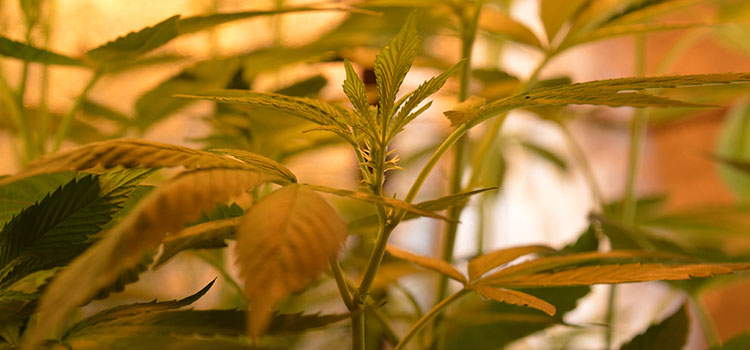
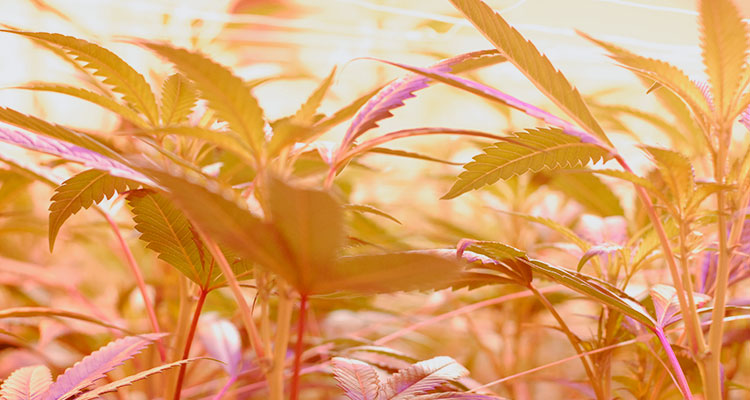

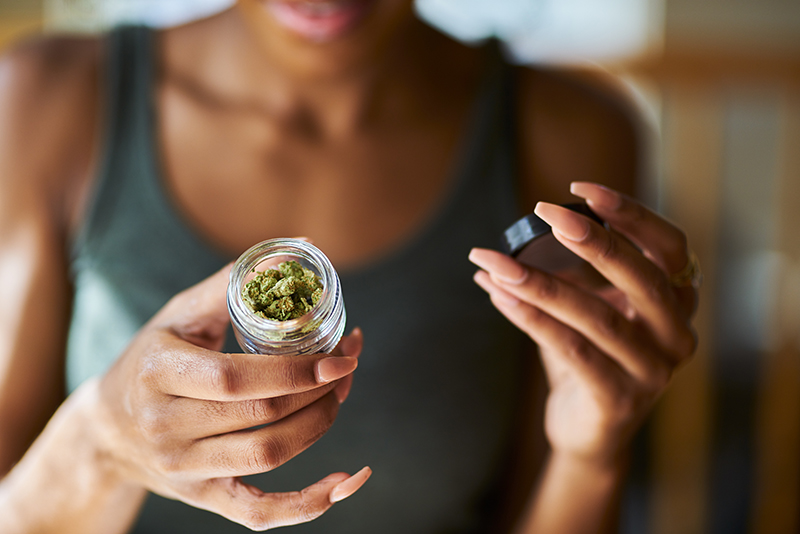
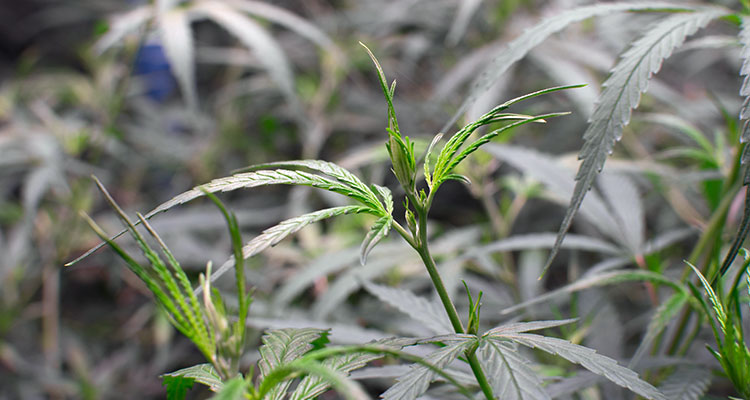

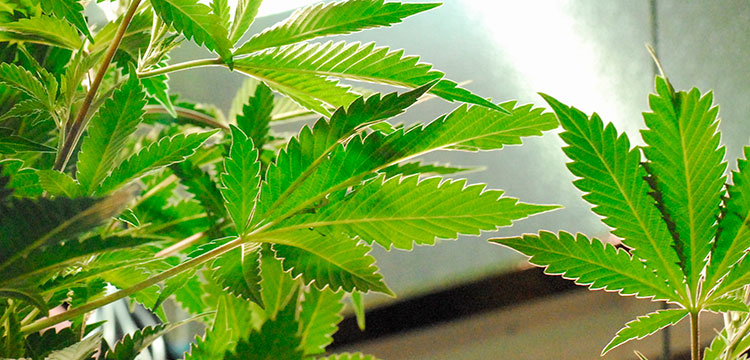
 TDCANN Insititute
TDCANN Insititute






